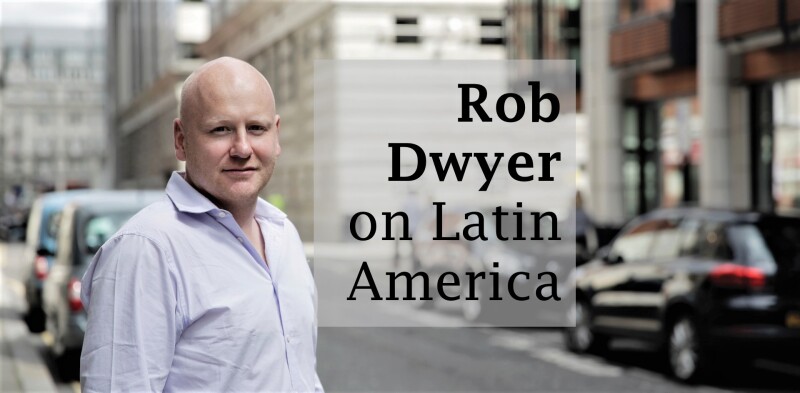
The death of Joseph Safra, the owner of Brazil’s fifth largest bank, on Wednesday, December 9, has led some bankers to speculate about a possible battle for control of the banking group.
Some senior Safra bankers attended the funeral of Brazilian’s richest man the following day, while others at the bank followed a live Youtube transmission. Tributes also poured in from the country’s other leading banking luminaires, including Itaú’s chief executive, Candido Bracher, Bradesco’s president, Luiz Trabuco, and the president of the country’s central bank, Roberto Campos.
It hasn’t taken long for thoughts of succession to swirl in the bank’s lavish headquarters on Paulista Avenue
However, it hasn’t taken long for thoughts of succession to swirl in the bank’s lavish headquarters on Paulista Avenue in São Paulo.
Bloomberg estimates Joseph Safra’s personal fortune as $17.6 billion. He owned global assets, including London’s St Mary Axe building known as the Gherkin.
The biggest question focuses on what Alberto Safra – Joseph’s middle son – might do.
Family business
When Joseph stepped back from day-to-day control in 2013, he left the running of the bank to his three male children: Jacob, the oldest, headed (and still heads) the international operation; Alberto was put in charge of corporate banking; and David (known as Davi) was given individual banking and investment banking.
All
